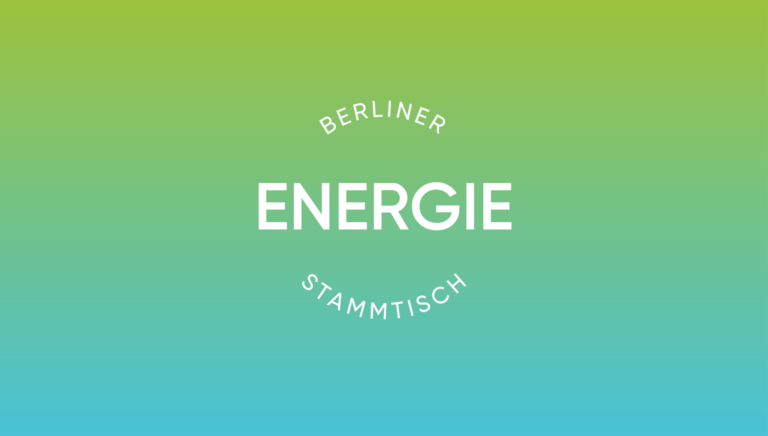The Energy Law department is working on proposals to shape innovative legal frameworks. We help to achieve climate protection goals by providing recommendations for an optimized framework for energy conservation and the expansion of renewables. The energy transition needs comprehensive measures that improve flexibility and the interconnection of energy sectors.
But the legal framework is still aligned to electricity generation based on fossil fuels and large, centralized power plants. Energy law also lacks an integrated perception of the energy sectors. IKEM supports the energy transition with legal analyses to identify regulatory barriers. Based on these analyses, IKEM researchers develop concepts for the improvement of the legal framework in close cooperation with practitioners in the energy industry. The Energy Law department provides impulses for energy conservation, the expansion of renewable energies, their integration into the various energy sectors and for opportunities for social participation.
A successful energy transition encompasses all sectors and goes beyond green power generation. In this context, sector coupling can contribute to the achievement of cross-sector climate protection goals and, at the same time, to more flexibility.











































